Firstly, we are incredibly sorry to hear that you have lost someone special in your life. Although there are multiple stages to grief, you may choose to honour a loved one who has passed at any point during your grieving process. There are ways that you can celebrate their life and the memories you shared and carry on their legacy for generations to come. We understand that it may be difficult, so we have compiled five beautiful ways to show your love for that person and honour the beautiful life they led.
Just before we dive in, please read this post about talking about death and who can help if you are mentally struggling with the loss of your loved one.
5 Ways to Honour a Loved One who has Passed
 1. Donate to Their Favourite Charity
1. Donate to Their Favourite Charity
If you received some money from this person in their will or have the finances yourself, you may wish to make a donation to a specific non-profit organisation that was close to their heart.
Sometimes charities can also find a way to help commemorate your loved one when the money is put to good use. Donating to charity is a thoughtful way to continue someone’s legacy and carry on the person’s passions while helping others.
2. Wear Memorial Jewellery in their Honour
Wearing a personalised piece of memory jewellery is a unique way to celebrate someone who has passed away. You can think of your loved one when you put on the jewellery or hold it when you miss them.
Choose something you like so you always have something on your person that reminds you of the person you lost. For example, you may choose a memorial necklace, bracelet or ring. For inspiration on which personalised piece to choose, visit our website and browse or contact us for some advice.
3. Plant a Tree
Planting a tree for a loved one that has passed away gives people who are grieving something to keep for many years. You can plant the tree in a place where you can visit often and remember the fond memories you shared with this person. This is a beautiful way to carry on someone’s legacy while also adding natural beauty to the local area.
 4. Frame Something in Their Handwriting
4. Frame Something in Their Handwriting
If you are looking through a memory box or old files and come across some words you wish to use in a piece of handwriting jewellery, you could also frame the original piece of writing to keep as a decoration for your home. You can choose something that meant a lot to you, such as a signature, kind words or a poem they have written, and proudly display it for everyone entering your home to admire.
 5. Make a Memory Jar
5. Make a Memory Jar
Making a memory jar for a person that has passed away can be a wonderful personal or communal way to honour a lost loved one. Write down stories and add photographs to a jar to open when you miss them and wish to reminisce. If you are able, you can also share these memories with others.
Sending Love and Hugs from the Inscripture Team
There are many beautiful ways to honour a loved one that has passed away. This list is only the start of those possibilities. Depending on your loved one’s interests and passions, you may want to do something that honours them in a more unique and personal way.
If you liked this post, you might also find our previous blog posts on ways to celebrate memories of a lost loved one and pet memorial ideas helpful for more ideas on how to commemorate a lost loved one.
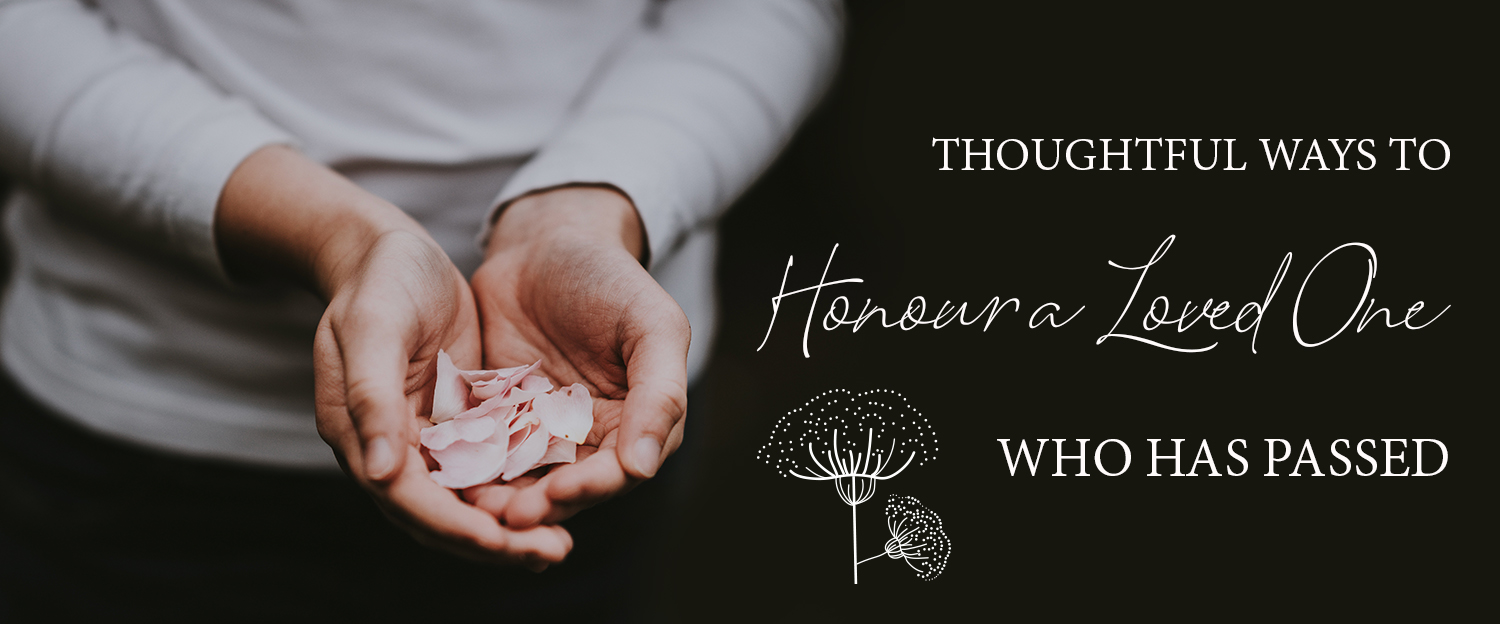




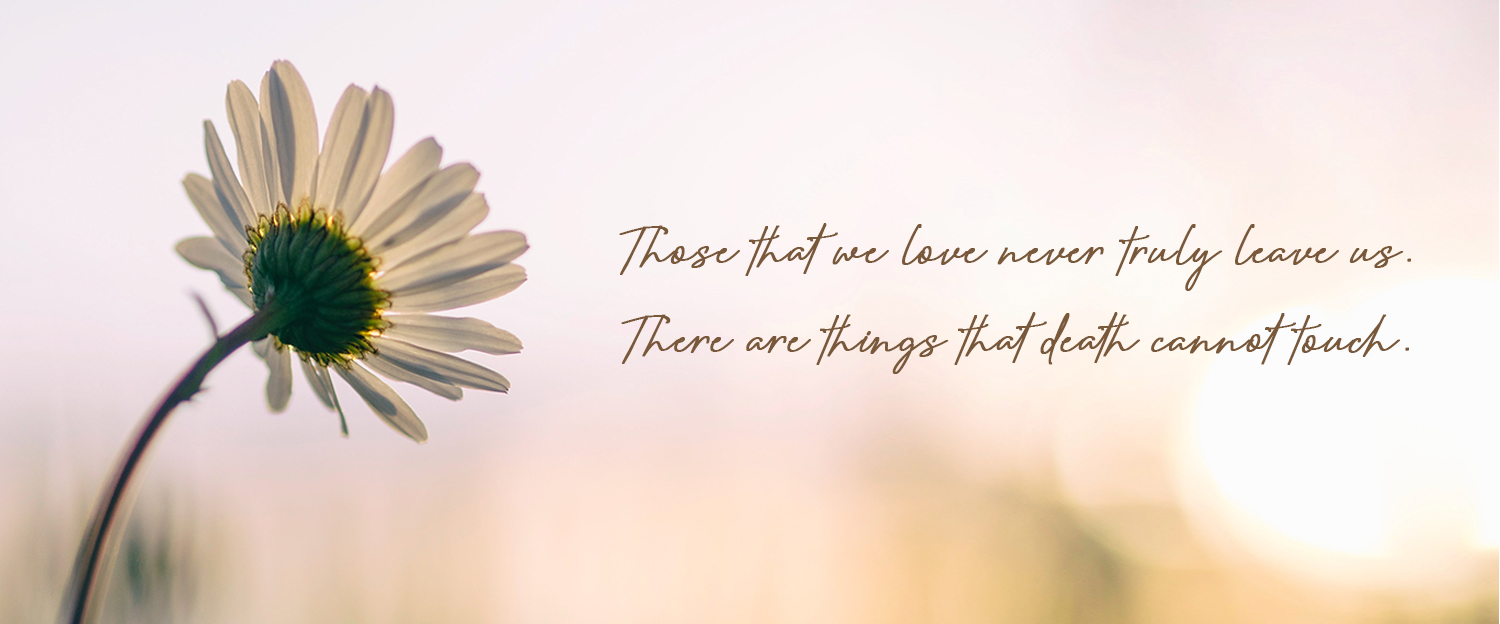


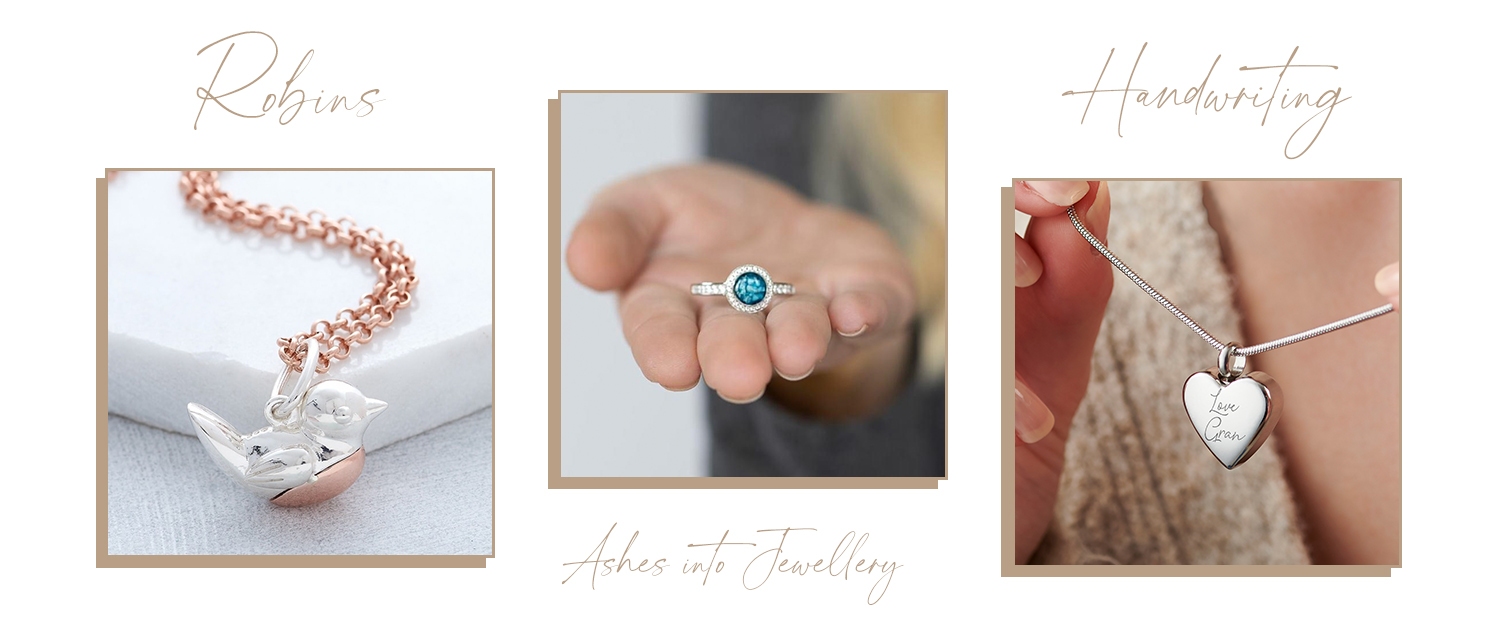
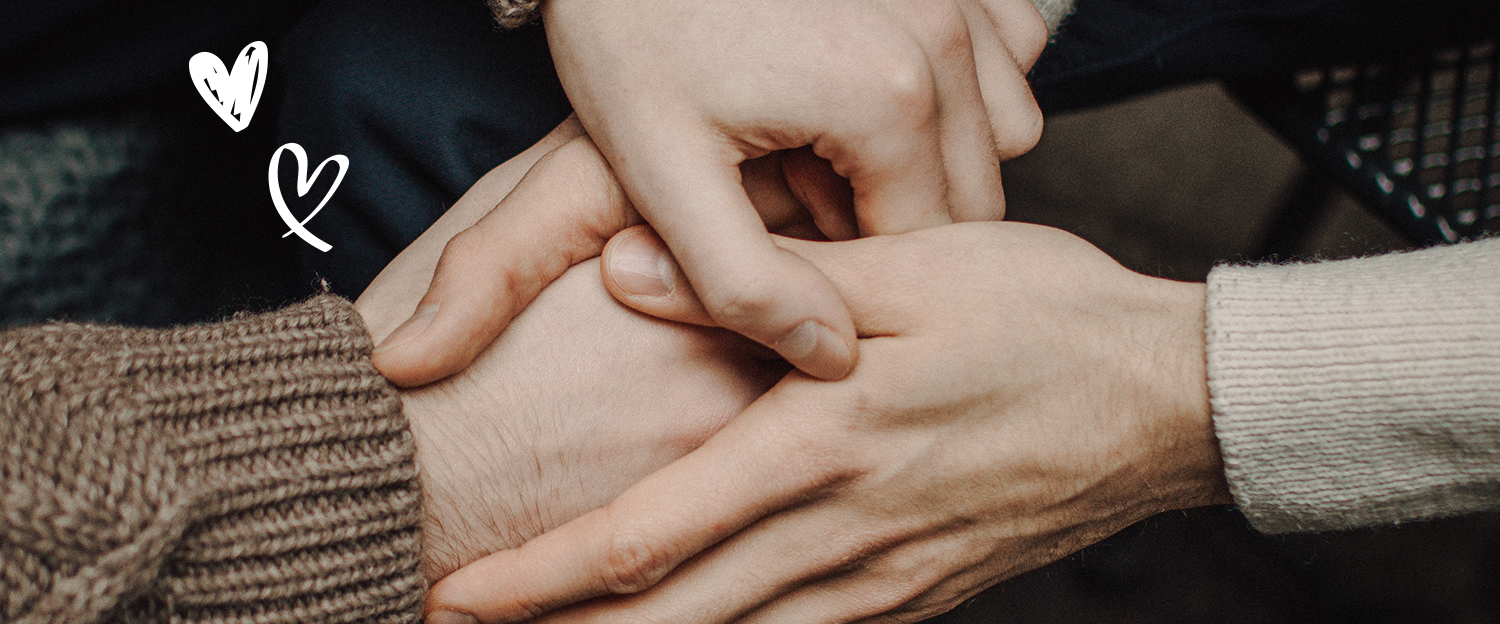







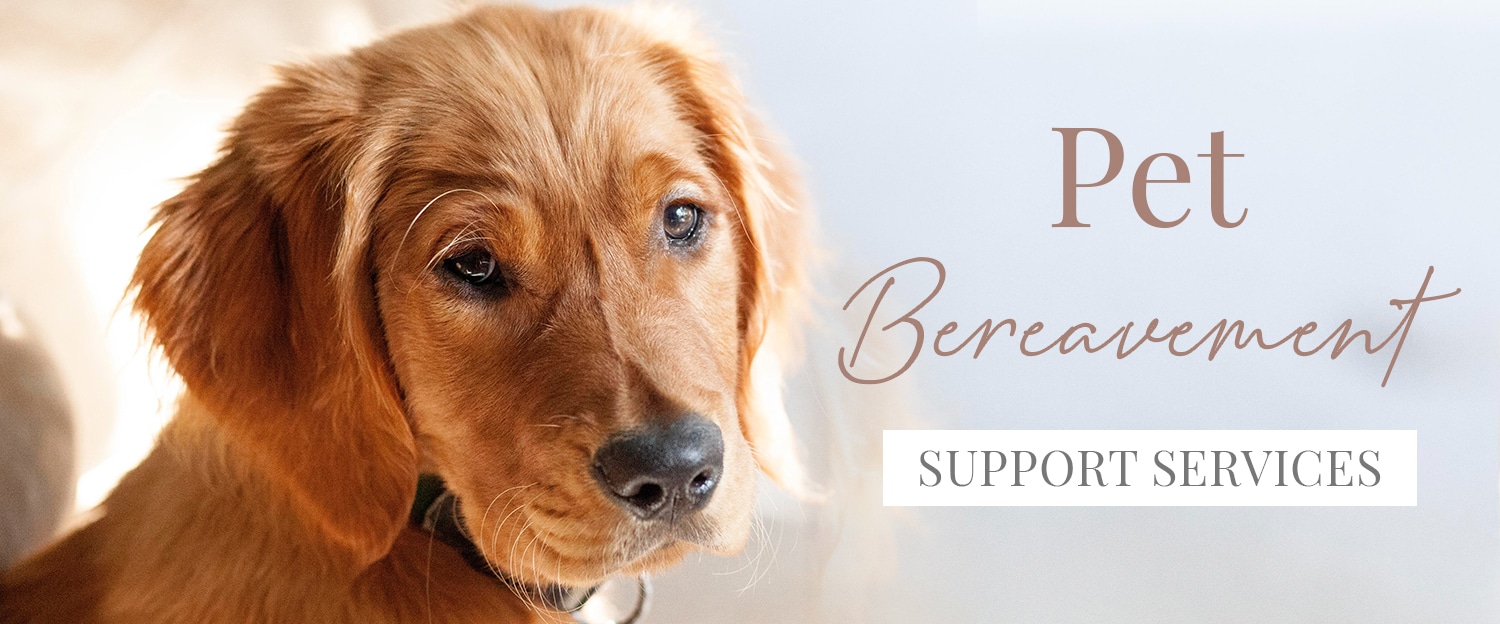



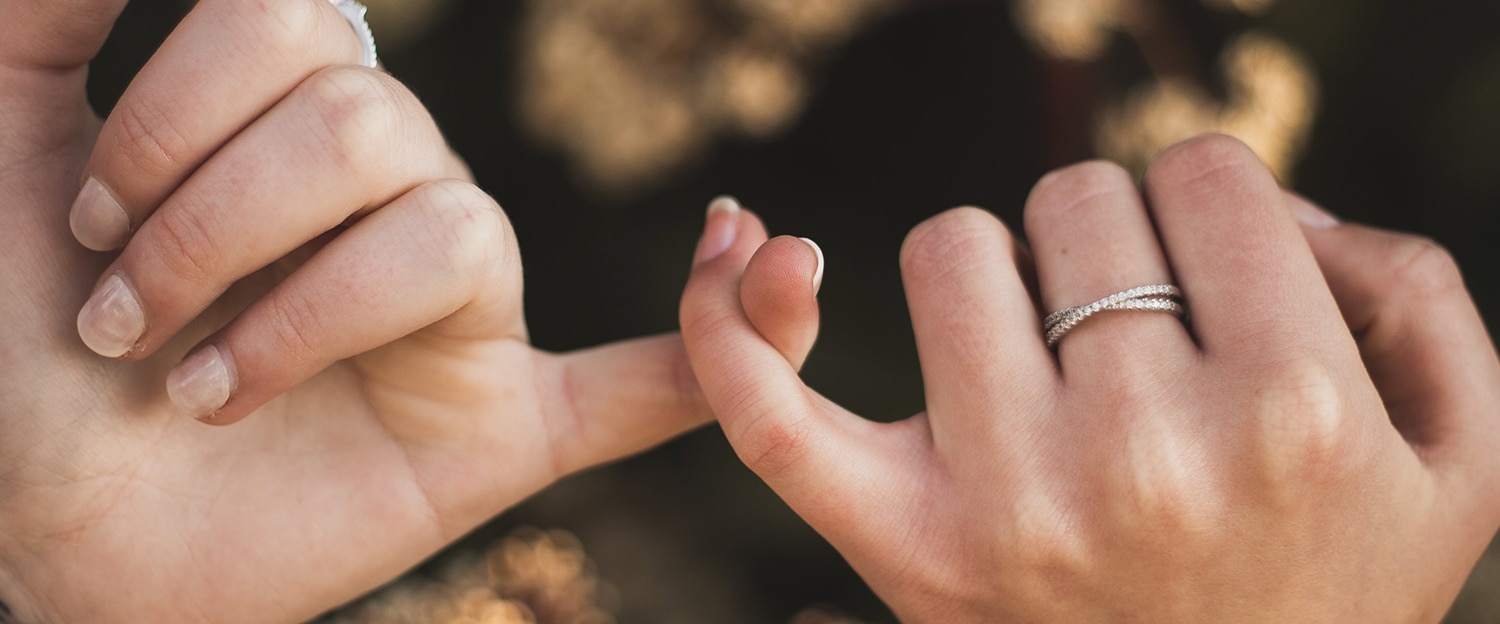
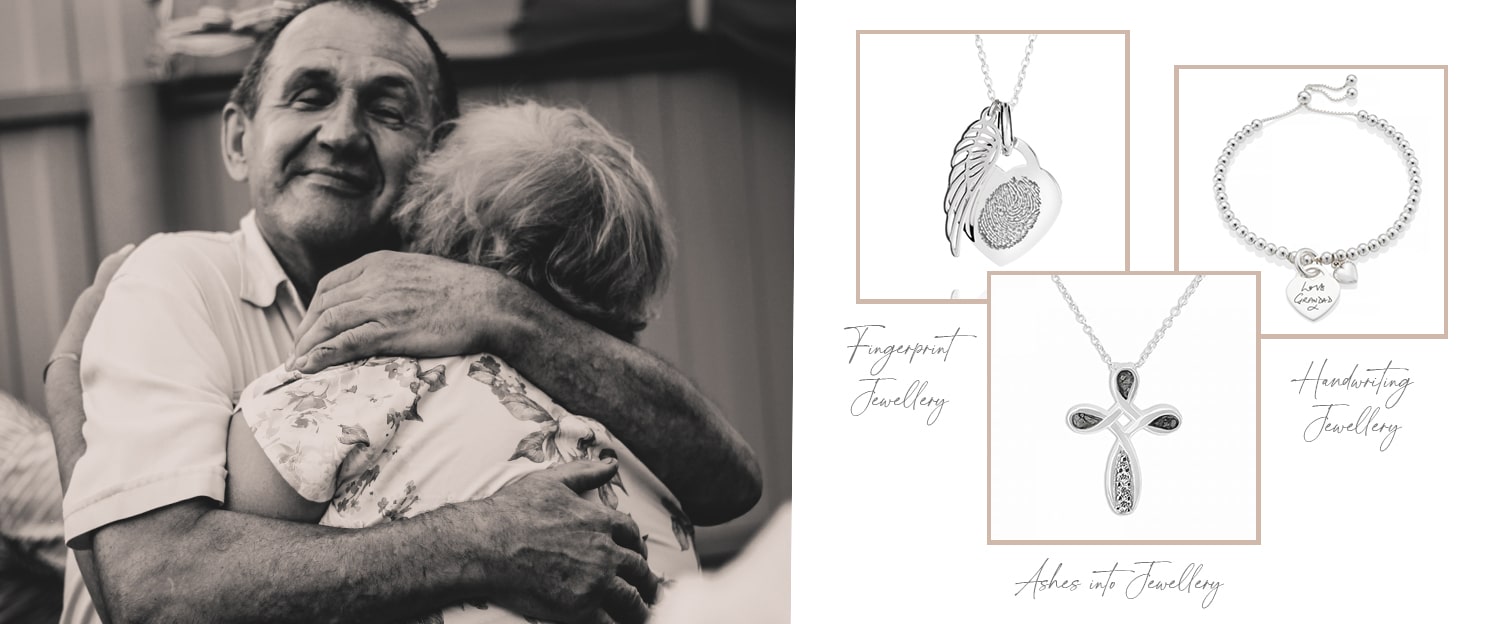

 Having to help your child through grief is one of the hardest things a parent or guardian has to do. No one wishes that experience on anyone, and no one dreams that they would have to deal with such a sensitive matter with their children. It is even more complex because child bereavement may happen concurrently with parent bereavement. Child bereavement is a fundamentally different experience, especially for younger children, as they have not fully developed emotionally. Therefore, they may not know what is going on, and it may take a longer time to come to terms with their grief and understand their feelings.
Having to help your child through grief is one of the hardest things a parent or guardian has to do. No one wishes that experience on anyone, and no one dreams that they would have to deal with such a sensitive matter with their children. It is even more complex because child bereavement may happen concurrently with parent bereavement. Child bereavement is a fundamentally different experience, especially for younger children, as they have not fully developed emotionally. Therefore, they may not know what is going on, and it may take a longer time to come to terms with their grief and understand their feelings.

 Creating a will is important to ensure your possessions and wealth are distributed amongst your loved ones as you intended and make your wishes known. But it may feel like too complex a topic to bring up with your family members. No one likes to think about losing their loved ones. However, it’s a good idea to talk to your family about your will so they can anticipate its contents and your desires. Although it’s difficult to talk about your will and its general contents can help prevent confusion later down the line.
Creating a will is important to ensure your possessions and wealth are distributed amongst your loved ones as you intended and make your wishes known. But it may feel like too complex a topic to bring up with your family members. No one likes to think about losing their loved ones. However, it’s a good idea to talk to your family about your will so they can anticipate its contents and your desires. Although it’s difficult to talk about your will and its general contents can help prevent confusion later down the line.

 There are many ways to celebrate someone you have lost and remember the memories of those lost loved ones because it can be extremely emotional. It is important to be able to find a way to cope with such an event. At Inscripture, we work with many people to bring them
There are many ways to celebrate someone you have lost and remember the memories of those lost loved ones because it can be extremely emotional. It is important to be able to find a way to cope with such an event. At Inscripture, we work with many people to bring them 










